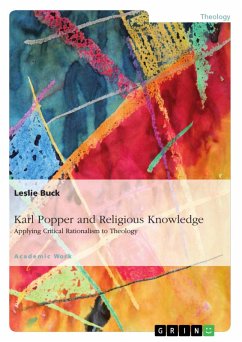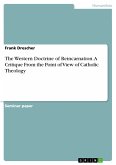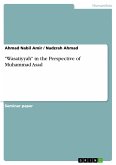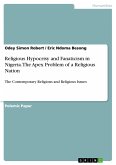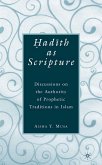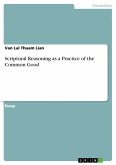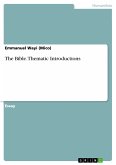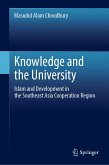Academic Paper from the year 2017 in the subject Theology - Comparative Religion Studies, , language: English, abstract: The dominance of reductive materialism in contemporary society calls for a new approach to religious epistemology and metaphysics. Traditionally, Christian theology has relied on Greek philosophy to provide its metaphysical grounding, but this is not able to respond adequately to the empiricism that underlies reductive materialism. In these circumstances a new approach is needed, one that can be provided by the epistemology and metaphysics of Karl Popper. Popper’s philosophy, like reductive materialism, is a product of the Enlightenment and can challenge the latter on its own terms. The case for the new approach is argued, first by describing those aspects of Popper’s philosophy which are relevant to theological discourse, and secondly by discussing how the methodology thus presented can be applied to certain typical theological doctrines. The intention is to propose a new approach to theology, not a new theological system. By reductive materialism is meant the belief that all phenomena are reducible to bodily entities and the forces that act upon them, leaving no room for mental and transcendental phenomena other than, at best, as epiphenomena or, at worst, as illusions. Reductive materialism is broad in scope ranging from the hard form adopted by many natural scientists to the soft form adopted, by imitation, by people influenced by secularism and the immense success of scientific endeavour.
